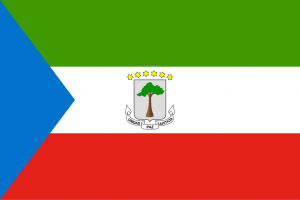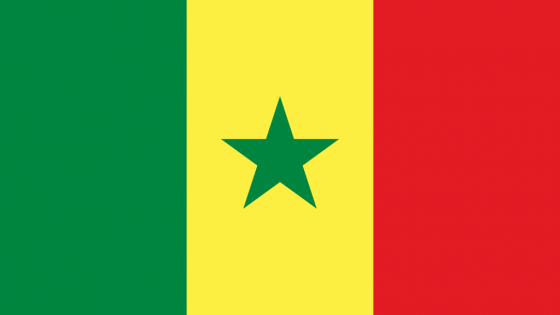
Senegal, located on the westernmost tip of Africa, is a nation renowned for its rich cultural heritage, dynamic music scene, and deep historical roots. With a tradition of hospitality known as teranga, Senegal welcomes visitors with open arms and vivid energy.
Senegal is a kaleidoscope of tradition, music, and warmth. Its dynamic culture, historical significance, and natural wonders make it a top destination in West Africa for immersive and enriching travel experiences.

